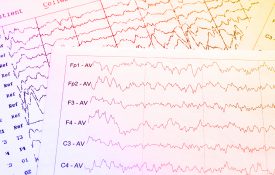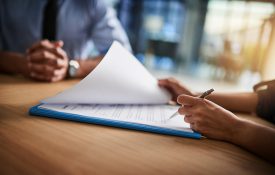-
Experts: Conflicting eyewitness accounts aren’t surprising
The Washington Post: National experts on eyewitness testimony said it’s not surprising that there would be so many conflicting accounts — particularly of a chaotic crime scene. Memory, they say, isn’t like a video recording. Our
-
Brain Wave Could Prove What People Have Seen
Discovery: What if a brain wave test could prove whether you’d walked down the street carrying a yellow umbrella? New research suggests it could: Scientists have pinpointed a specific brain wave that responds to details it
-
Scientists Trying New Trick to Catch You in a Lie
ABC News: Ah, Pinocchio, where are you when we need you? How convenient it would be if a liar’s nose grew longer with every lie. Then we wouldn’t need modern science with all those brain
-
First-of-Its-Kind Registered Replication Report Examines Verbal Overshadowing Effect
An innovative research-replication initiative has generated results that have important implications for eyewitness memory. The project confirms earlier findings that asking witnesses to provide a verbal description of a suspect can impair their ability to
-

Brain Wave May Be Used to Detect What People Have Seen, Recognize
Brain activity can be used to tell whether someone recognizes details they encountered in normal, daily life, which may have implications for criminal investigations and use in courtrooms.
-

New Insights Into Eyewitness Memory From Groundbreaking Replication Initiative
A research replication initiative confirms earlier findings, showing that asking witnesses to provide a written description of a suspect can impair their ability to select that suspect from a lineup — the so-called “verbal overshadowing” effect.

